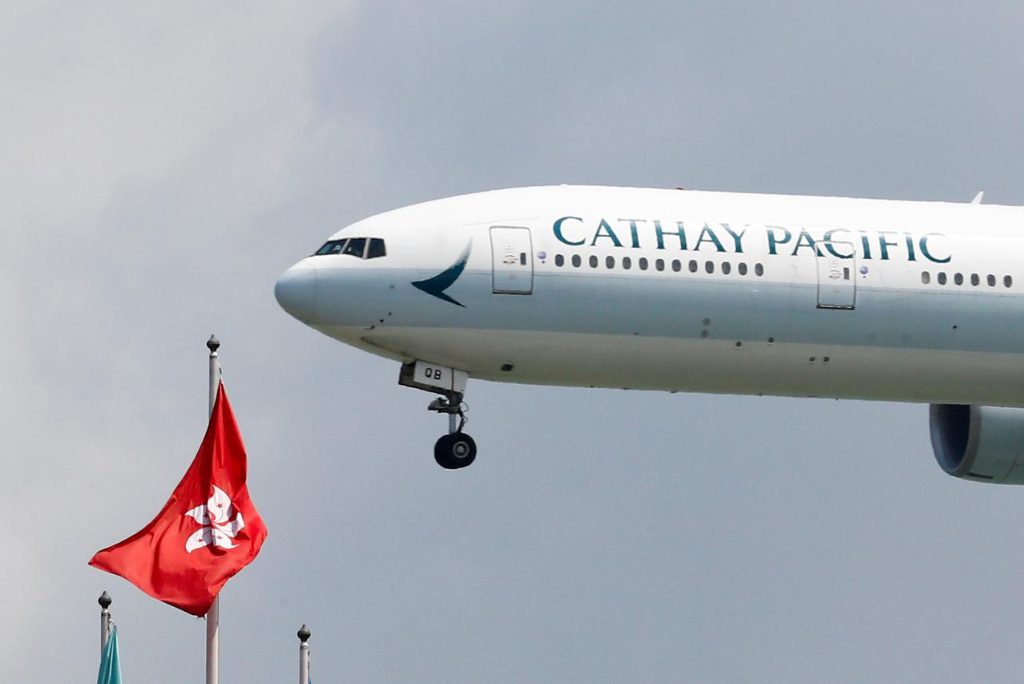Outbound travel from mainland China during the Labor Day holiday period reached a three-year high this year, according to data released by travel technology company Travelport.
Also, unlike the rest of the year, the Labor Day period shows a notable increase in the length of travel with holidays lasting longer than 10 days, which could explain the popularity of long-haul destinations during this time.
Among the top 10 destinations during this period, long-haul stops like the UK and Canada have gained popularity, with the U.S. claiming the second spot, Travelport data showed.
Travel bookings for the Labor Day period increased 470 percent this year compared to 2022, while outbound bookings from mainland China in the first quarter increased by 331 percent compared to last year, said Travelport
Labor Day in China, which falls on May 1, is an annual public holiday. The period has been expanded to include a three-day break, making it one of the most popular times of the year for travel.
April 24 through May 7 (the week of Labor Day and the week prior) tend to be the most ideal dates for travelers to get away.
The five-day break starting Saturday will be the first long public holiday for Chinese travelers since the Lunar New Year.
Outbound Travel Trends for Rest of The Year
Travelport observed that for the rest of the year, tourists from mainland China are taking shorter holidays as most trips span between two and four days.
As a result, Hong Kong and Macau are the top two destinations this year for which mainland Chinese travelers have made the highest number of bookings, according to Travelport.
According to the South China Morning Post, hotel room rates in Hong Kong have risen significantly in anticipation of the upcoming Labour Day holiday, even though reservations remain lower than pre-pandemic levels.
Meanwhile, the number of visitors to Macau in March increased by 271 percent compared to the same period last year, reaching 1,956,867, according to the Statistics and Census Service.
The majority of visitors, 1,242,358, were from Mainland China. From January to March, there were 4,948,358 arrivals with the average length of stay remaining stable at 1.2 days.
Emphasizing the trend for shorter trips, Travelport’s data also revealed that of all the flight options available from mainland China, the majority (71 percent) are bound for Asia Pacific.
Low Flight Capacity
China is currently facing challenges with flight capacity. A sentiment echoed by Trip.com Group while announcing its fourth quarterly results.
Even as Chinese carriers raised international capacity by 44 percent in April, adding 935,000 seats between March and April, the current international airline capacity is only 37 percent of what it was in April 2019, according to airline data firm OAG.
Moreover, international airline capacity constitutes only 4 percent of all Chinese airline capacity.
On December 27, when China made its much-anticipated announcement removing the quarantine requirement for inbound travelers, outbound flight bookings from mainland China increased by 247 percent when compared to the same day the previous month, Travelport noted.
Pent-up demand for outbound travel from mainland China is massive, with 40 percent of respondents in a McKinsey survey wanting to travel and prioritize international destinations for their next trip.
China has been the largest source market in the world for outbound tourism since 2012.
Chinese tourists made 166 million outbound international trips in 2019, spending $277 billion on global tourism.
